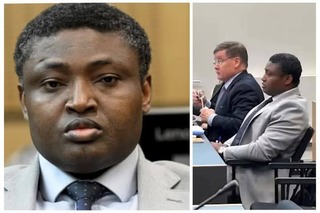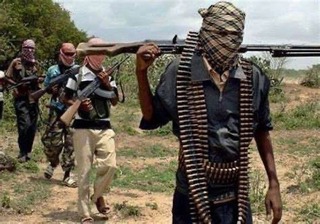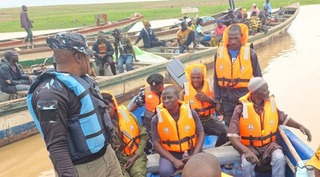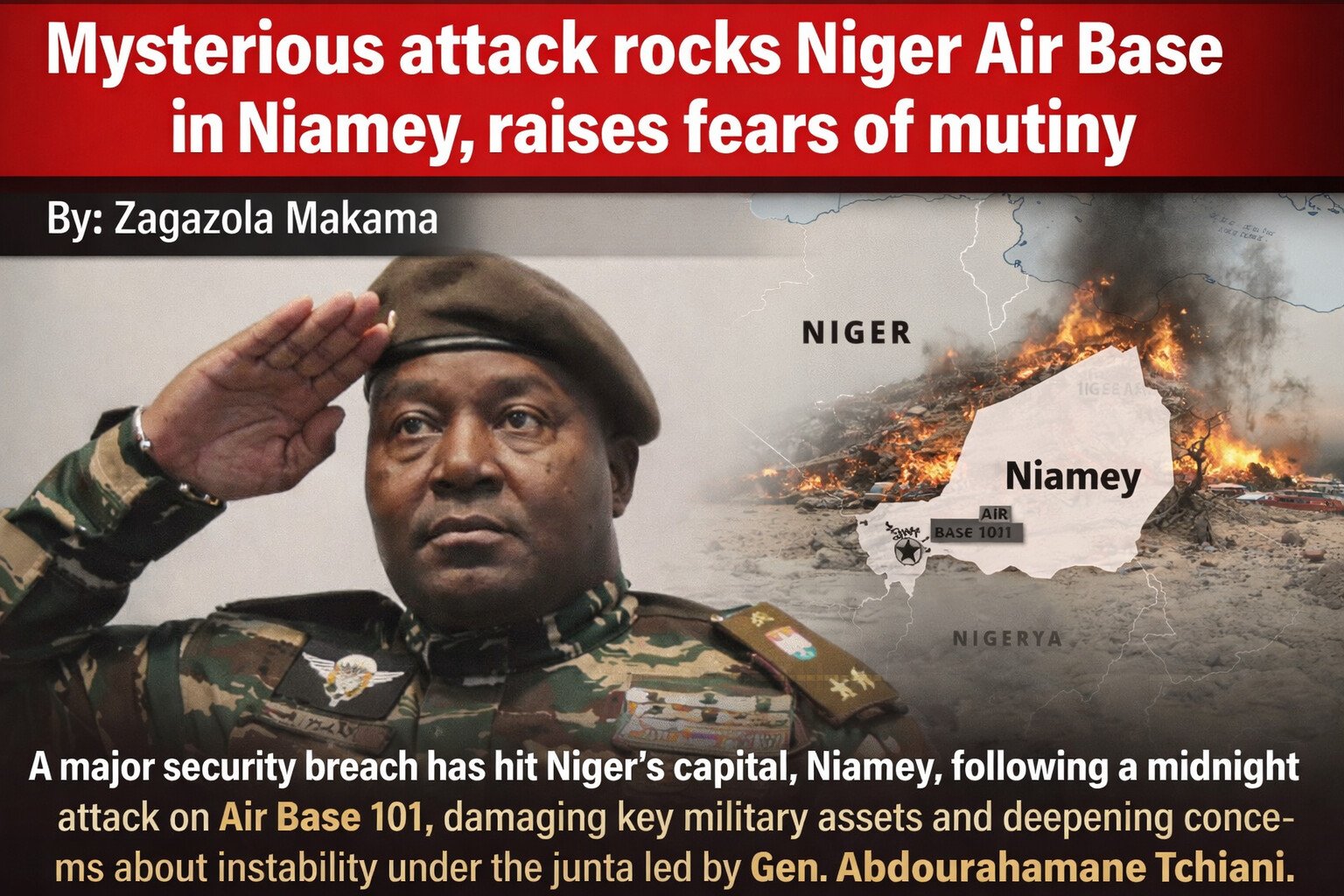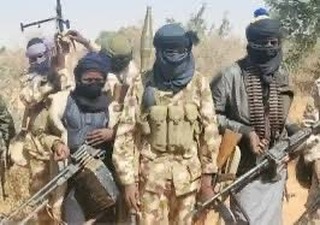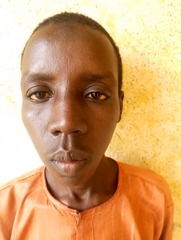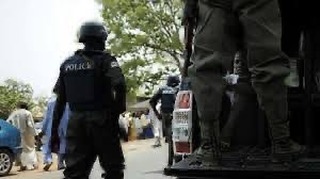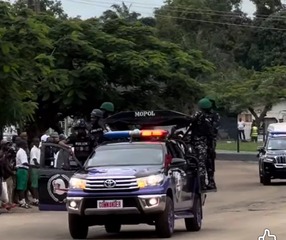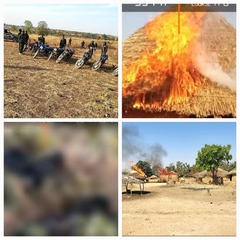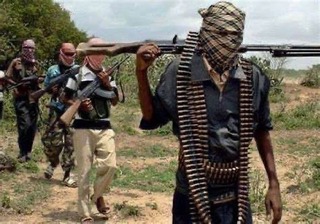Sahel : capitals under siege as jihadist wave threatens Mali, Niger, Burkina Faso
By: Zagazola Makama
An alarming surge in jihadist violence is threatening the very heart of the Sahel, with the capitals of Mali, Niger, and Burkina Faso facing unprecedented levels of threat from well-coordinated and increasingly emboldened terrorist groups.
Across vast swathes of the region, Islamist insurgents from the Islamic State and Jama’at Nusrat al-Islam wal-Muslimin (JNIM) have transitioned from sporadic attacks to occupying territory, administering local governance, and directly challenging national military forces. Analysts now warn that Bamako, Niamey, and Ouagadougou are no longer insulated from direct incursions.
From May 1 to 20, no fewer than 125 people were killed in Niger alone, including 47 security personnel and 78 civilians many of them farmers, mine workers, and transporters caught in the crossfire or directly targeted in ambushes and raids. Attacks have become more audacious and strategically focused on both military and economic infrastructure.
In Mali, a wave of intensified assaults since May 10 has destabilised once secure areas stretching from Kayes to Sikasso. The JNIM and its Macina and Sikasso brigades have attacked hydroelectric transit routes, Chinese-operated mining sites, and military outposts. A May 17 attack in Sandaré saw a full military base overrun, with seven Malian soldiers killed and a cache of heavy weapons, RPGs, and armoured vehicles seized.
In a dramatic escalation, a joint Malian and Wagner patrol was ambushed on May 19 in Douentza, followed by the May 20 capture of a military checkpoint in Dioba just 20km from the presidential residence in Kati. The symbolism was striking, demonstrating the jihadists’ capability and intent to encircle the capital.
Memories of the deadly September 17, 2024, attack on Bamako when twin raids hit the Faladié gendarmerie and the 101 Airbase loom large. That incident exposed severe vulnerabilities in national defense and has set the tone for a possible repeat, or worse.
In Niger, the May 15 fall of the military base in Mossipaga marked a new low in the country’s struggle against jihadist forces. With heavy weaponry including Turkish armoured vehicles and drones falling into enemy hands, the psychological and tactical blow was significant.
Just a day later, schools in Kobadié, merely 45km from Niamey, were torched in symbolic acts of intimidation. With repeated attacks on major transit routes Kabongo-Zindigori and Dori-Tera entire regions are now isolated as transport unions refuse to travel.
The capital, Niamey, is increasingly encircled, with armed groups operating along all its peripheries. The Defense Forces appear overstretched, while civilian populations bear the brunt of the violence.
Burkina Faso is witnessing what observers describe as a collapse in slow motion. Between May 14 and 21, coordinated attacks swept through Koulpélogo, Pampanga, Thiou, and the Boucle du Mouhoun. Civilian volunteers and security forces were killed, military outposts destroyed, and towns like Djibo effectively cut off from the rest of the country, accessible only by helicopter.
The capture of the Yonde garrison on May 21 and the simultaneous attack on Binadeni signified the loss of military control over eastern provinces. The situation has forced a recalibration of national defense strategy, though many fear it may be too late.
Despite the mounting toll 125 killed in Niger within 19 days official acknowledgment remains muted. No national mourning was declared. In many towns and villages, victims are buried in silence, and survivors grieve without support or recognition.
Financial scandals and accusations of resource looting among military leadership further compound the crisis. Critics accuse junta leaders of prioritising personal gain over national security, with top figures such as Yaou Sagha in Niger facing allegations of corruption amid ongoing massacres.
The regional militaries, once seen as bulwarks against terror, are increasingly accused of human rights violations. Reports of summary executions, especially targeting Fulani communities, are rising. Meanwhile, drone and airstrike capabilities lauded by regimes have proven largely ineffective or absent in recent weeks.
From Markala, where a Malian armoured vehicle was destroyed by a mine with no survivors, to the increasingly besieged city of Djibo in Burkina Faso, the message is clear: the jihadists have seized the momentum.
What remains of state control is now concentrated in capital cities already bracing for possible sieges. As the region approaches what may be a decisive phase in the long-running Sahel war, one question haunts its people:
After the silence, who will answer for the blood?










